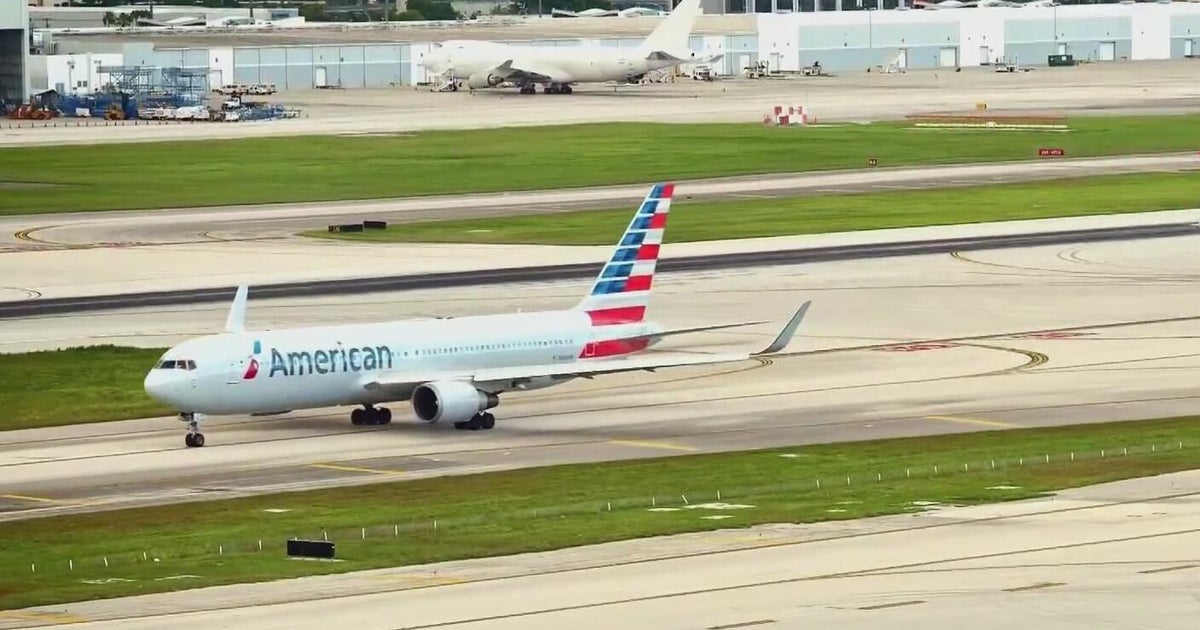The cost of delaying college by one year? More than $90,000 over lifetime
Many incoming college freshmen are faced with a momentous decision: Take classes from home on Zoom and other video-conferencing apps, or delay matriculating for a year in the hopes they will be allowed on campus in the fall of 2021.
There are pros and cons associated with each route, but delaying college for a year now, during the coronavirus pandemic, could cost members of the class of 2024 about $90,000 in lifetime earnings, according to a new analysis from the Federal Reserve Bank of New York.
The hidden costs of taking a gap year
About half of the longterm earnings losses comes from forgoing the $43,000 salary that new graduates typically earn in their first year of work after graduation.
"You miss that in your first year, and then you are behind for the whole rest of your career," New York Fed economists told CBS MoneyWatch.
Wage increases are steeper at the beginning of young professionals' careers — the graduate who earns their degree at age 22 can, by the time they are 25, expect to earn an average of $52,000, according to the analysis by economists Jaison R. Abel and Richard Deitz.
But the graduate who starts working a year later, would, by age 25, only be earning $49,000 with two, versus three years of professional experience under their belts. And so on and so forth in following years — all the way to retirement age.
"Being a year behind, these differences add up each and every year, so that those graduating later never catch up to those who graduated earlier. Together, these costs add up to more than $90,000 over one's working life, which erodes the value of a college degree," Abel and Deitz write in their post on the research.
Econ 101: Your opportunity cost is zero
These disparities exist even during non-COVID-19 times. But the pandemic has made them more acute because the global spread of the novel coronavirus has lowered what economists call the "opportunity cost" of going to college — or what you give up to be in school.
That's in part because unemployment has soared since the pandemic hit, effectively eliminating the job opportunities that high school graduates could normally pursue as an alternative to college. Non-college degree holders in particular have faced some of the highest rates of unemployment: About one quarter of young workers without a college degree were unemployed in the months following the onset of the pandemic.
In other words: If you can't work, going to school is less expensive.
For simplicity's sake, the Fed researchers assumed that students give up no opportunities by going to college right now. That drives up the rate of return for a bachelor's degree to 17%, from 14% in normal times.
Another way of stating that: For every dollar you spend on a degree, you'd earn $1.17 on the investment.
For those students who delay college by a year, the return on the investment drops to 13%, the economists found.
"That's still a very good return and says that college is a good investment, but compared to what you could have earned if you started and finished on time during the pandemic, some of the value of the degree has been eroded because of those extra costs," the economists told CBS MoneyWatch.
It's not always about jobs, of course. Wide-ranging, resume-building gap year alternatives like volunteer projects have also eroded, given that travel and office work are for the most part now out of the question.
"Taking a gap year has costs associated anytime, but it is particularly costly in pandemic because the kinds of things one could do are really minimized," the economists said.
No football games
There are, of course, other non-financial drawbacks and benefits associated with both paths, and college counselors are divided on the advice they're giving students.
Some college advisers are advocating for a gap year, because the college experience just isn't the same online.
"You are not just going to college for the academics, but also to meet people and network," said Christopher Rim, founder and CEO of Command Education, a New York-based college advising company.
Rim said roughly three-quarters of the students he advises have already committed to taking gap years, because they want the traditional college experience, complete with football games and dining hall meals.
"Even if you miss out on a year's worth of wages, it's worth taking the gap year so you have the full, traditional experience," Rim said. "One reason why people go is for the network and the experience and you can't necessarily put a price on that."
Arun Ponnusamy, an adviser at CollegeWise, a national college prep company, is typically pro-gap years. This year, however, he's advising students to dive right in to college, even if it's a virtual experience, given the limited opportunities for meaningful gap year experiences.
"It's not even the $90,000 figure that's being calculated here, it's more about what would you actually do," Ponnusamy said.
It doesn't make sense to work now, either, because students will most likely be entering into a better job market when they graduate "on time" in 2024, assuming the pandemic has subsided by then or an effective coronavirus vaccine exists.
"In general, you'll have more opportunities after completing college than you do right now, and getting out a year ahead could land you in a better job market," Ponnusamy said.



